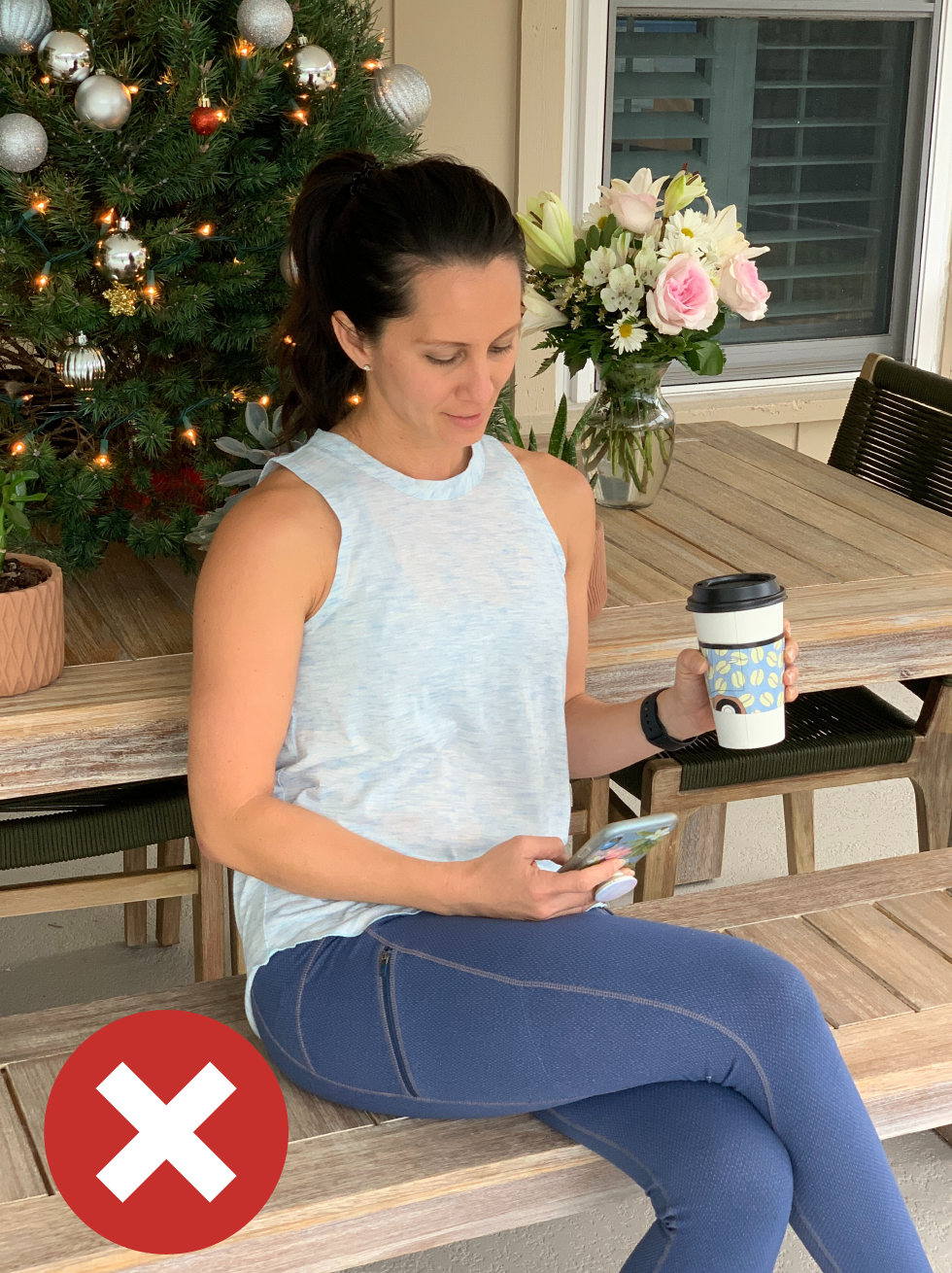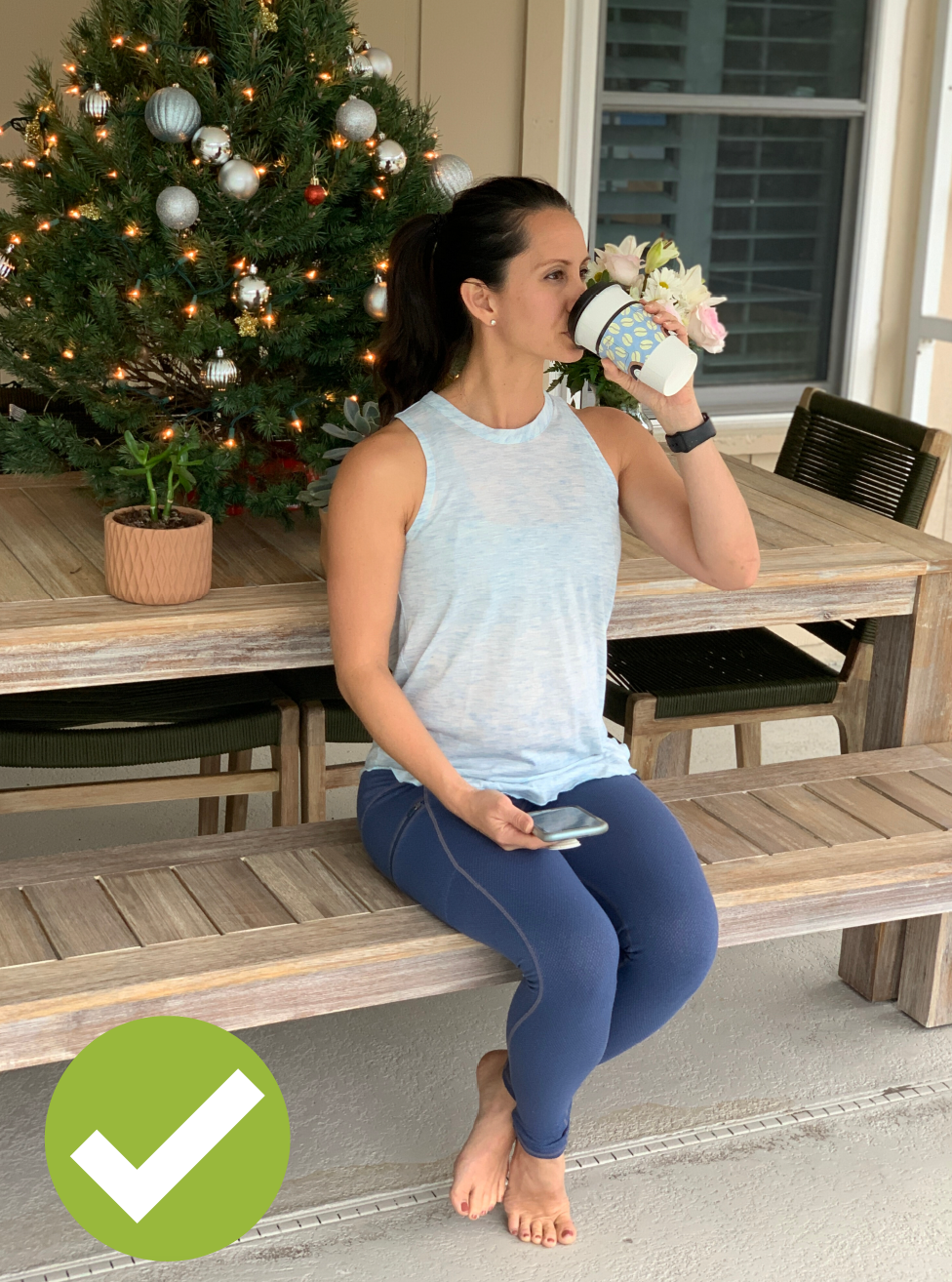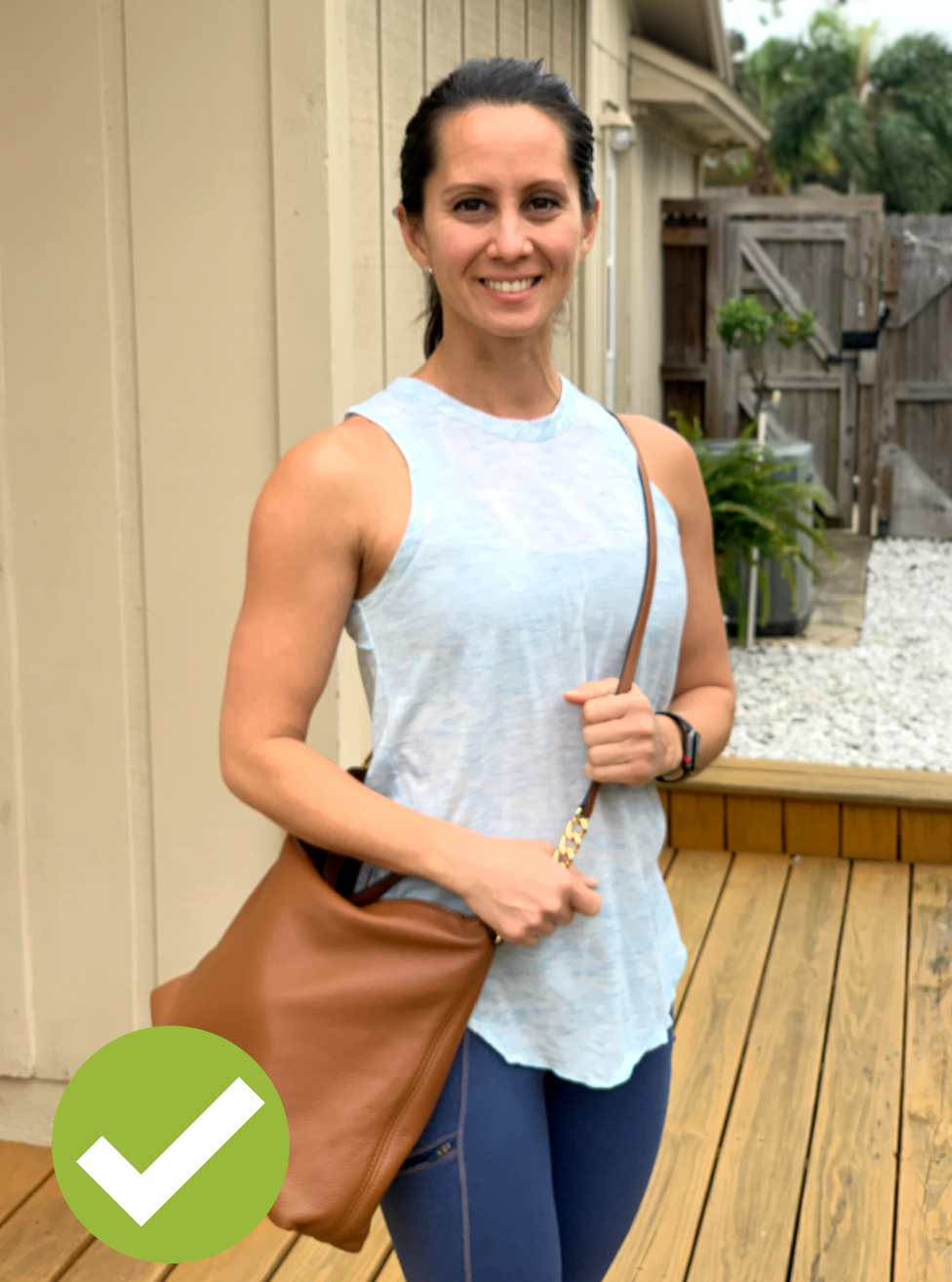We were all taught to avoid basic bad habits when we were younger, such as eating junk food, not sleeping enough and smoking. But chances are, nobody told you about these seemingly innocent habits that can really affect your health later down the road. Here’s a look at 10 little things that could be affecting your health and how to fix it.
1. Crossing Your Legs
Did you know that sitting with your legs crossed can affect your heart? According to numerous studies, sitting with legs crossed at the knee can bump up blood pressure. It places stress on the hip joints and can cause pooling of blood in the legs when the veins are compressed. Doctors say that this could eventually cause inflammation of the veins of the lower legs and possibly a blood clot.
Try: Getting up and walking around every half hour or so. Try your best to avoid crossing your legs from longer than 10 to 15 minutes.


2. Standing with Locked Knees
When you stand with your knees locked, you are increasing stress on the knee joint. This stress occurs because you aren’t using your leg muscles surrounding the knee joint.
Try: Standing with your knees slightly bent.
3. Sleeping on Your Stomach
Experiencing pain in your upper body? It might be from sleeping on your stomach. Snoozing on your stomach positions your neck in a tilted-back position, leading to pain or numbness in your upper limbs. This pain is caused from nerves becoming compressed in this area when the head tilts back.
Try: Sleeping on your side or back. Check out how to position yourself for the best night’s sleep here.
4. Wearing Your Belt Too Tight
A tight belt may look good, but it can backfire on you. When you wear your belt too tight, you can experience digestive issues. Technically speaking, your snug belt creates abdominal pressure, which can result in acid reflux. Acid Reflux symptoms include something as small as a bitter taste in the mouth or as irritating as a burning or pain in the chest.
Try: Wearing your belt snug enough where you can still inhale and exhale comfortably. You can even try pants or skirts with an expandable waist band with a cinched illusion.
5. Slouching
Did you know that slouching can lead to shoulder pain? When you slouch, your rotator cuff muscles (shoulder stabilizers) become compressed against the shoulder blade. Poor posture can lead to a muscle imbalance, which contributes to further compression.
Try: Checking your posture: While standing sideways to a mirror, you should be able to run an imaginary line through the center of your ear, shoulder, hip, knee, and ankle.
6. Driving Long Distances Without a Break
Similar to crossing your legs, driving for miles without stopping can cause blood pooling in your legs which could lead to clotting. The same thing can happen during long flights.
Try: After driving for an hour or two, stop the car and walk around to improve blood flow and reduce inflammation. During flights, get up and use the bathroom to stretch out your legs.
7. Stretching as Soon as You Get Up
Nope, that’s not a typo – stretching as soon as you get up can be harmful. Stretching your back first thing in the morning can put the discs in your back at risk. According to many spinal doctors, spinal discs become hydrated during the night, which creates more pressure on them when you first wake up.
Try: Moving before stretching. Start warming up your back with little activities such as brushing your teeth, getting dressed, etc. for about 10 minutes before stretching.
8. Not Using the Restroom When Nature Calls
If you delay using the bathroom for prolonged periods of time, you could be putting yourself at risk for developing UTIs.
Try: Listening to your body!
9. Chewing Gum
Do you find yourself with a sore jaw at the end of the day? If so, you may want to quit chewing gum. The jaw isn’t designed to chew for extended periods of time. So, like any overused muscle, constant chewing can lead to pain and problems.
Try: Mints instead.
10. Carrying Your Purse on The Same Shoulder Everyday
Carrying a heavy purse over the same shoulder everyday can eventually result in muscular imbalances and chronic shoulder pain.
Try: Alternating with the opposite shoulder or lightening up your baggage. You can even try switching to a backpack.


